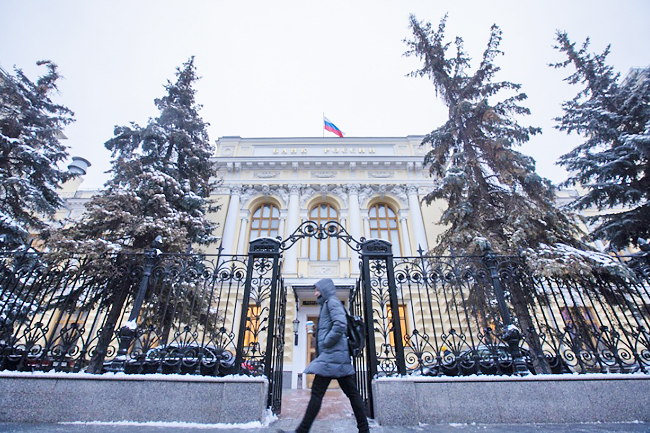MOSCOW (AFP) – After a historic collapse in the wake of Russia’s military offensive in Ukraine, the ruble has staged a spectacular bounceback, supported by strict capital controls and energy exports.
But analysts said that success is in many ways artificial and does not bode well for the health of the Russian economy.
The February 24 military operation triggered unprecedented Western sanctions on Moscow, sending the ruble into free-fall and accelerating already high inflation.
Four days after Russian President Vladimir Putin sent troops into the pro-Western country, the central bank more than doubled its key interest rate to 20 per cent to prop up the financial system.
In a surprise move on Friday, the central bank lowered the rate to 17 per cent, saying risks to financial stability had “ceased to increase” for now.

“It’s clear that the Central Bank of Russia assesses that Russia’s economy is now emerging from the most acute phase of its crisis and that such restrictive monetary conditions are no longer warranted,” said emerging Europe economist at Capital Economics Liam Peach.
The ruble’s return to levels last seen before the start of Moscow’s military campaign is a sign that the economy may be adjusting to the sanctions, economists said.
Chief Economist at Renaissance Capital Sofya Donets said the ruble recovery has been aided by an unprecedented trade surplus amid high energy prices.
“There has been a decline in imports, partly because of sanctions, partly because of uncertainty and logistical disruptions,” she told AFP.
“But exports are solid, and with commodity prices high we expect a historically high account surplus of USD20-25 billion in March.” Late Friday, the central bank relaxed some curbs, saying that from April 18 it was scrapping the ban on buying dollars and euros introduced in early March. The rapid ruble recovery does not equal a strong economy, however, analysts said.
“Russian equities and the ruble currently remain decoupled from global macro factors and news flow due to capital controls,” Alfa Bank said in a note. The lender estimated that the ruble will be trading at around 80-85 to the dollar in the near future.
Economists believe that the worst economic impact of the sanctions is still to come and expect Russia, which has relied heavily on imports of manufacturing equipment and consumer goods, to plunge into a deep recession.
Russia’s inflation rate reached 16.7 per cent year-on-year in March, the state statistics agency said on Friday, a level not seen since 2015, while food prices have risen even more steeply.
Capital Economics pointed out that the 7.6-per-cent month-on-month rise in consumer prices in Russia in March was “the highest monthly increase since the 90s”.
Renaissance Capital analysts predict that annual inflation will peak at 24 per cent this summer.



